Brigand: Oaxaca might be the ugliest game I've ever played, and quietly one of the greatest immersive sims of all time
Beauty is skin-deep, but systems are forever.

Ugly. Confusing. Mechanically unintuitive. Designed by a madman. These are the comments I've received on Hinge dates, but they're also how I'd describe Brigand: Oaxaca , a baffling but brilliant immersive sim from 2017 whose emphasis is on "total freedom of action" and murdering you repeatedly. It's hard, and has an uncompromising old-school design approach that demands you spend a few doomed playthroughs figuring out its character build system before you can really progress past the early game.
If you're the kind of weirdo who's into Stalker, Morrowind, Kenshi—worlds that fundamentally don't care about you and adhere strictly to their own rules—consider this my unreserved recommendation. Brigand: Oaxaca feels like burying all those games a mile underground, subjecting them to an eon of heat and pressure, and pulling out the mystifying diamond that results.
Bob's your uncle
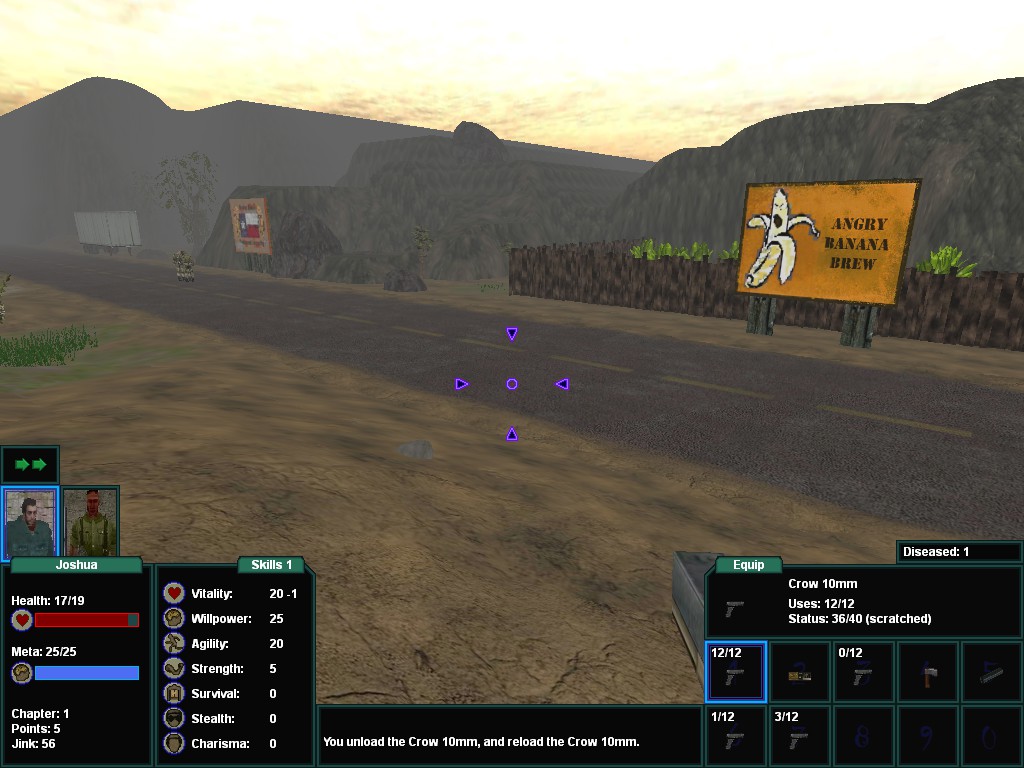
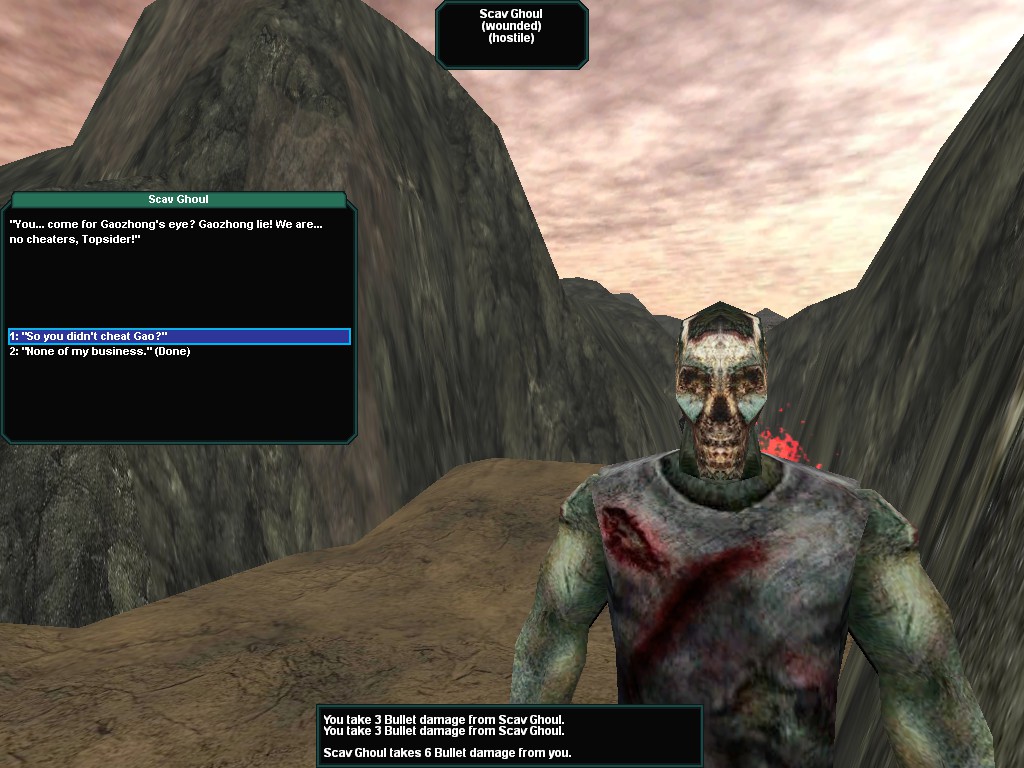
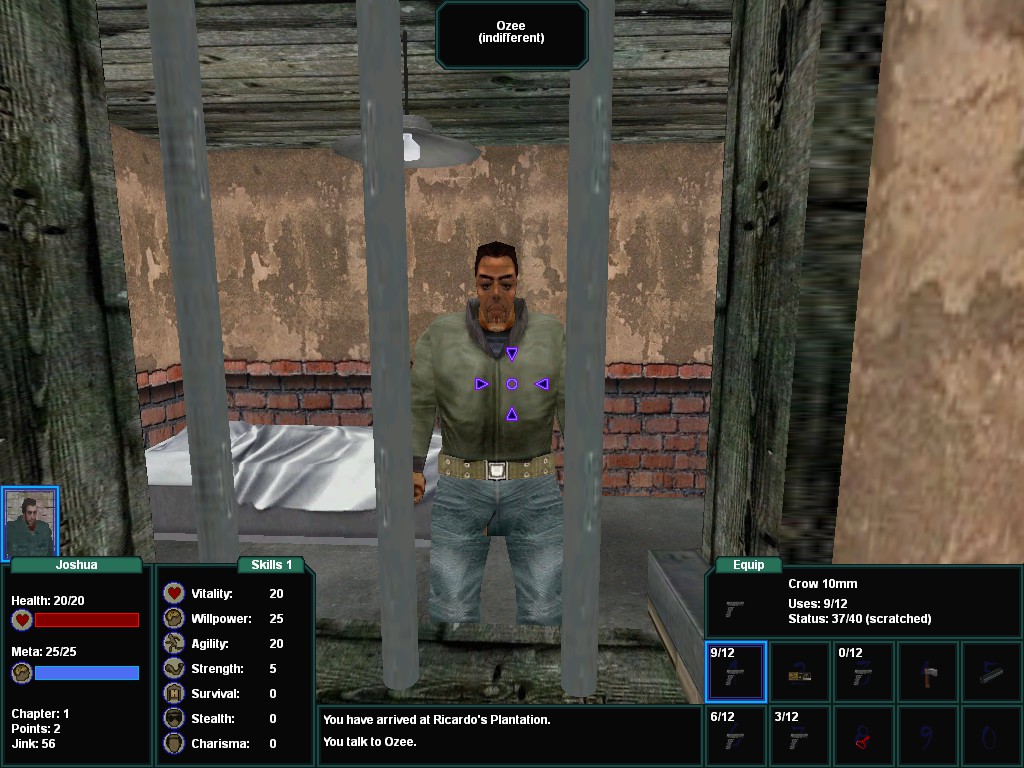
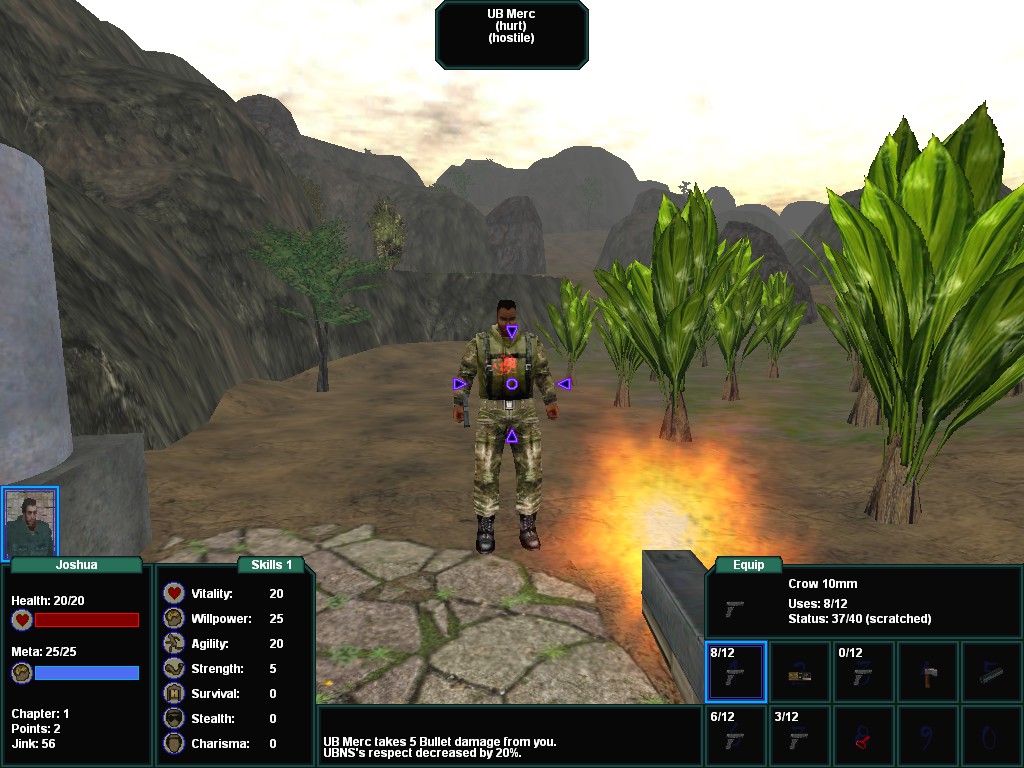
Brigand: Oaxaca starts you out in prison. Actually, no. Brigand: Oaxaca starts you out at character creation in glorious 4:3. The rest of the game is not in 4:3 (it goes all the way up to 1080p, if you can imagine that), just this bit. There's probably a technical reason for that, but I choose to interpret it as a statement of intent: the game letting you know what you're dealing with right from the off. Just in case you didn't get the message from its launcher looking like an install wizard for Microsoft Office '95.
You name your guy, choose a face for him (there are three: Camilo Cienfuegos, the melted guy from Robocop, and Niko Bellic), and then you get into the meat. Your starting class determines your starting stats, and your starting stats determine your starting abilities. For instance, I decided to be a Witchdoctor because it was the least comprehensible thing on the menu. That made me very good at bandaging people and learning new spells, less hot at exterminating my foes with extreme prejudice.
Which was a bad choice, turns out. Like I said, Brigand starts you off in prison (but not for brigandry, weirdly), and your first tentative steps into its plot happen when someone from Uncle Bob's National Security—one of the game's factions—frees you on the condition you protect his brewery from an attack by another faction: the Eleggua Tribe.
Brigand's all about freedom, so you could always just flee into the mountains and leave these people behind, but I was keen to follow something resembling a plotline. Also, I had no idea what was happening and wanted weapons and skillpoints, and I've played enough videogames to know those things come from doing stuff people ask you to do.
Alas, I was good at learning spells, but didn't actually know any, and my proficiency for bandaging was, if anything, counterproductive when it comes to killing people. I met a near-instant end come nightfall, when armed men poured across the hills and into the brewery. I didn't even hear it when it happened.
The biggest gaming news, reviews and hardware deals
Keep up to date with the most important stories and the best deals, as picked by the PC Gamer team.
I walked into a graveyard and got insta-gibbed by something that looked like the sexy fish from The Shape of Water.
There were multiple ways I could have dealt with this—the more I play, the more astounded I am at just how much Brigand lets you do, the ways it lets you poke at and interact with its world and systems. A nearby building offered a chance to climb up on the roof and pick the thugs off from afar. Were I more charismatic, perhaps I could enlist certain nearby citizens into my party and have them do the grunt work. If I were strong enough, I could pick up an explosive gas can and try to lay a trap. Or I could see if the thugs would let me join them. If I were lucky, I could possibly kite the attackers over to the nearby town and try to cause a massive fracas that would, at least, be entertaining to watch.
I did none of these. I crouched in a dark corner and picked the thugs off before they knew I was there, just as they'd done to me.
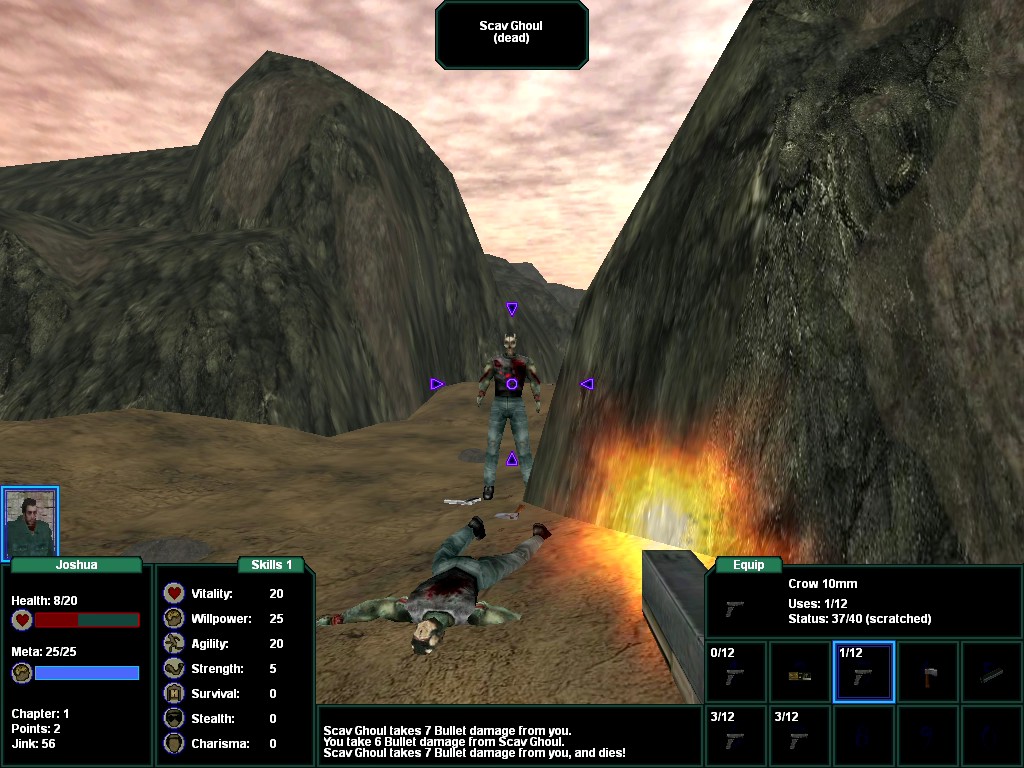
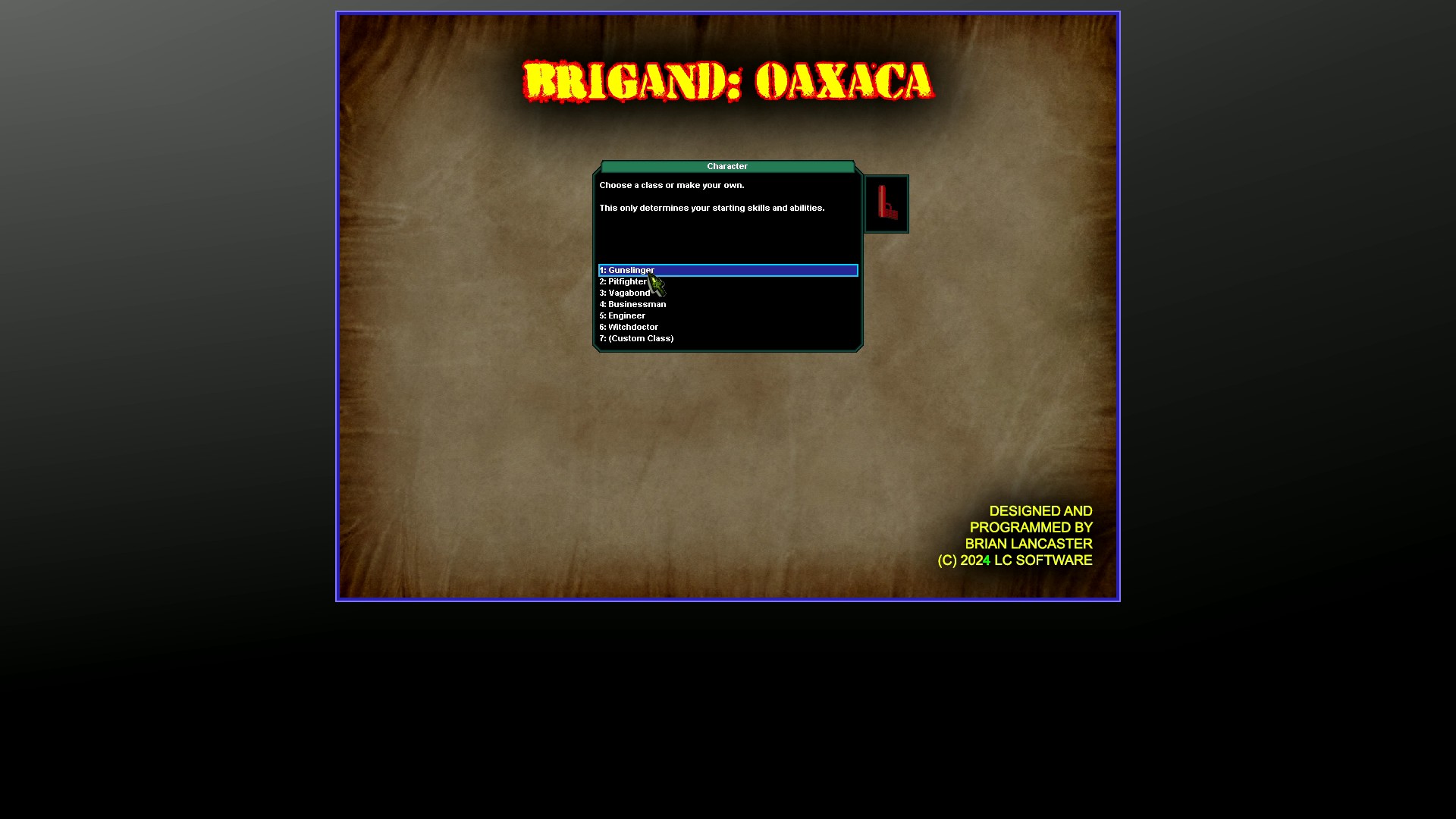
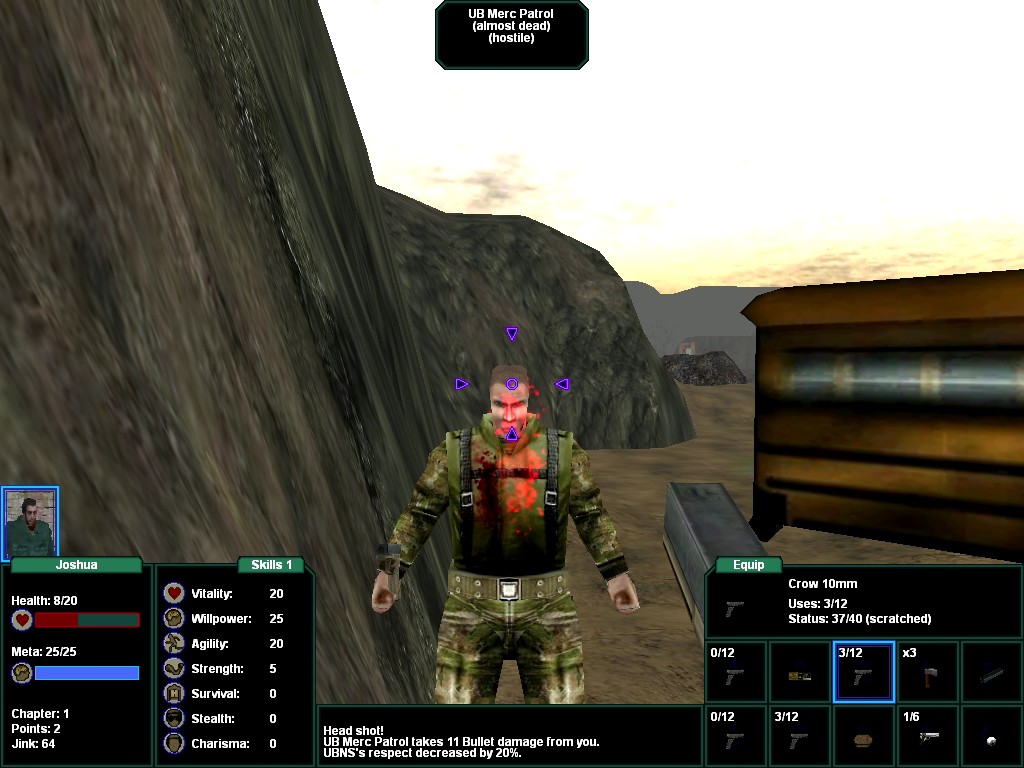
This got me in good with Uncle Bob and co, who gave me a bunch of money, some skill points, and a party member—Laughing Coyote, voiced by some guy with a headset mic. At this point, I got cocky. I went and mopped up quests, from gathering three bananas for the gun store owner to reclaiming the stolen eye of a guy at the bar from a bunch of nearby ghouls (who I dispatched by luring them into conflict with nearby security forces). I had a gang to back me, money, guns, and power: a far cry from the puny Witchdoctor who had died at the hands of the thugs attacking the brewery.
Then I walked into a graveyard and got insta-gibbed by something that looked like the sexy fish from The Shape of Water.
I think I might be in love with this game.
I get it. This is either going to sound incredible or like the worst time a person could possibly have, depending on your inclinations. For me? I loved it. It felt exactly like the first part of Stalker: Shadow of Chernobyl, where the locals task you with clearing out a nearby garage of a few measly bandits with just a dinky Soviet pistol. Every Stalker player died a thousand times there before finally coming to grips with the game enough to eke their way through. It rewards patience and observation and punishes you if you try to treat it like any other FPS. Brigand: Oaxaca feels like that times a thousand.

One of Josh's first memories is of playing Quake 2 on the family computer when he was much too young to be doing that, and he's been irreparably game-brained ever since. His writing has been featured in Vice, Fanbyte, and the Financial Times. He'll play pretty much anything, and has written far too much on everything from visual novels to Assassin's Creed. His most profound loves are for CRPGs, immersive sims, and any game whose ambition outstrips its budget. He thinks you're all far too mean about Deus Ex: Invisible War.

